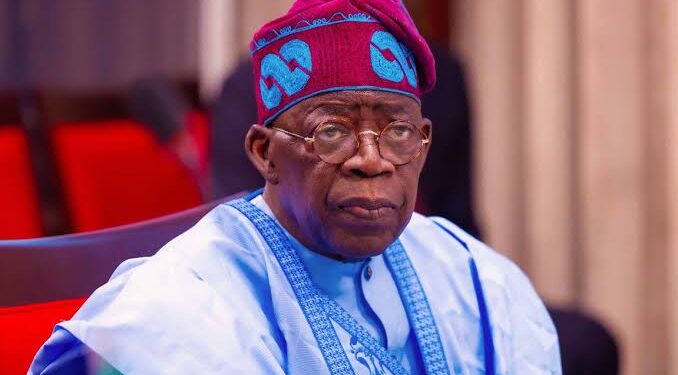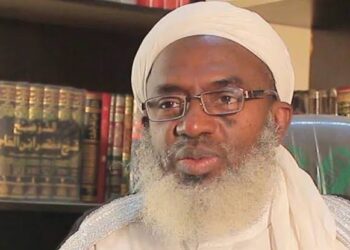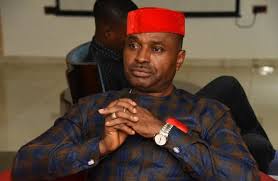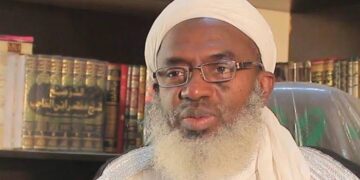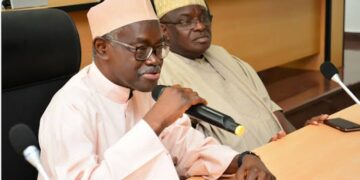President Bola Tinubu has declared state police a national priority in response to Nigeria’s deepening security crisis.
Speaking at a legislative dialogue in Abuja, Tinubu emphasized that state police is no longer optional but urgent.
He argued that centralised policing has failed, and state police will enable effective, community-based security solutions nationwide.
Represented by the Minister of Defence, Tinubu stressed that the 1999 Constitution must evolve to reflect current security realities.
He cited rising terrorism, cybercrime, farmer-herder conflict, and piracy as evidence that the current structure is dangerously outdated.
The president urged the National Assembly to act with urgency and courage to amend the Constitution without further delay.
Tinubu praised recent national security gains, including joint task force operations and marine patrols, as models of successful coordination.
He also emphasized the importance of cooperation across government levels, declaring security must be collective, not competitive, in nature.
Without constitutional backing, initiatives like Safe Schools and community policing will remain limited in reach and effectiveness, he warned.
The call for urgent State Police Reforms is the Presidents response to attacks in some parts of the Country, the most recent being that of Abia State. The attack in Abia follows a wave of similar tragedies in Benue and Niger States, both facing devastating losses.
Recent events have claimed over 200 lives in each of the two states, highlighting a worsening humanitarian crisis.
In Mokwa, Niger State, more than 200 people have been confirmed dead, with over 1,000 still reported missing.
These figures go beyond mere statistics—they represent Nigerian families shattered, livelihoods destroyed, and entire communities displaced.
TODAY’S TOP STORIES:
https://umpirenews.com/benue-trip-not-enough-visit-niger-state-too-obi-tells-tinubu/
https://umpirenews.com/benue-massacre-communities-must-learn-self-protection-reps-member/


